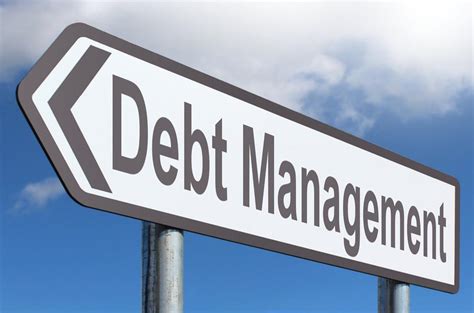The Debt Dilemma: Why High Interest Hurts Your Wallet
High-interest debt, such as credit card balances, personal loans, or some payday loans, can feel like a financial quicksand. The exorbitant interest rates mean a significant portion of your payments goes straight to interest, barely touching the principal. This cycle can hinder your ability to save, invest, and ultimately build wealth. Understanding the gravity of this situation is the first step toward breaking free and establishing a solid financial foundation.
Your primary goal should be to eradicate high-interest debt as quickly as possible. Every dollar spent on interest is a dollar not working for your future. Once this burden is lifted, the funds previously allocated to debt payments can be redirected towards building your financial future.

Strategic Debt Payoff: Methods That Work
To tackle high-interest debt effectively, you need a clear strategy. Two popular methods are the Debt Avalanche and the Debt Snowball:
- Debt Avalanche: This method focuses on paying off debts with the highest interest rate first, regardless of the balance. Mathematically, it’s the most efficient way to save money on interest. You make minimum payments on all debts except the one with the highest interest, on which you pay as much as possible. Once that debt is cleared, you roll its payment into the next highest interest debt.
- Debt Snowball: This method focuses on paying off the smallest balance first, regardless of the interest rate. The idea is to gain psychological momentum by quickly eliminating debts. You make minimum payments on all debts except the smallest one, on which you pay as much as possible. Once that debt is cleared, you roll its payment into the next smallest debt.
Consider debt consolidation options like a balance transfer credit card with a 0% introductory APR, a personal loan with a lower interest rate, or a home equity loan if appropriate. These can simplify payments and reduce overall interest, but be wary of fees and ensure you don’t accumulate new debt.

Freeing Up Funds: Accelerating Your Payoff
To truly accelerate your debt payoff, you’ll need to free up extra cash. This involves a two-pronged approach: reducing expenses and increasing income.
- Aggressive Budgeting: Scrutinize your budget for non-essential spending. Identify areas where you can cut back, even temporarily. This might mean fewer restaurant meals, canceling unused subscriptions, or finding cheaper alternatives for daily necessities.
- Increase Income: Explore ways to bring in more money. This could involve taking on a side hustle, selling unused items, negotiating a raise, or working overtime. Every extra dollar you earn should be directly applied to your highest-interest debt.
- Automate Payments: Set up automatic payments to ensure you never miss a due date and avoid late fees. If possible, set up extra principal payments to be automatically deducted as well.

Pivoting to Prosperity: Building Wealth
Once your high-interest debt is eliminated, you’ve reached a pivotal moment. The money you were dedicating to debt can now be used to build wealth. This transition requires discipline and a strategic approach.
- Build an Emergency Fund: Before investing aggressively, ensure you have 3-6 months’ worth of living expenses saved in an easily accessible, high-yield savings account. This fund acts as a buffer against unexpected events, preventing you from falling back into debt.
- Invest for Retirement: Maximize contributions to tax-advantaged retirement accounts like a 401(k) (especially if your employer offers a match – that’s free money!) and an IRA. Start early to take advantage of compound interest.
- Diversify Your Investments: Beyond retirement, consider investing in a diversified portfolio of stocks, bonds, and mutual funds or ETFs. Tailor your investments to your risk tolerance and long-term financial goals, such as buying a home or funding education.
- Continuous Learning: Stay informed about personal finance and investment strategies. The more you understand, the better decisions you can make.

Maintaining Momentum: Long-Term Financial Health
Paying off high-interest debt and building wealth are not one-time events but ongoing journeys. Regularly review your budget, adjust your investment strategy as your life circumstances change, and set new financial goals. Stay committed to living below your means, avoiding unnecessary new debt, and consistently investing in your future.
By diligently tackling high-interest debt and then strategically redirecting those funds into wealth-building activities, you can transform your financial life, achieve financial freedom, and create a legacy of prosperity for yourself and your family.





